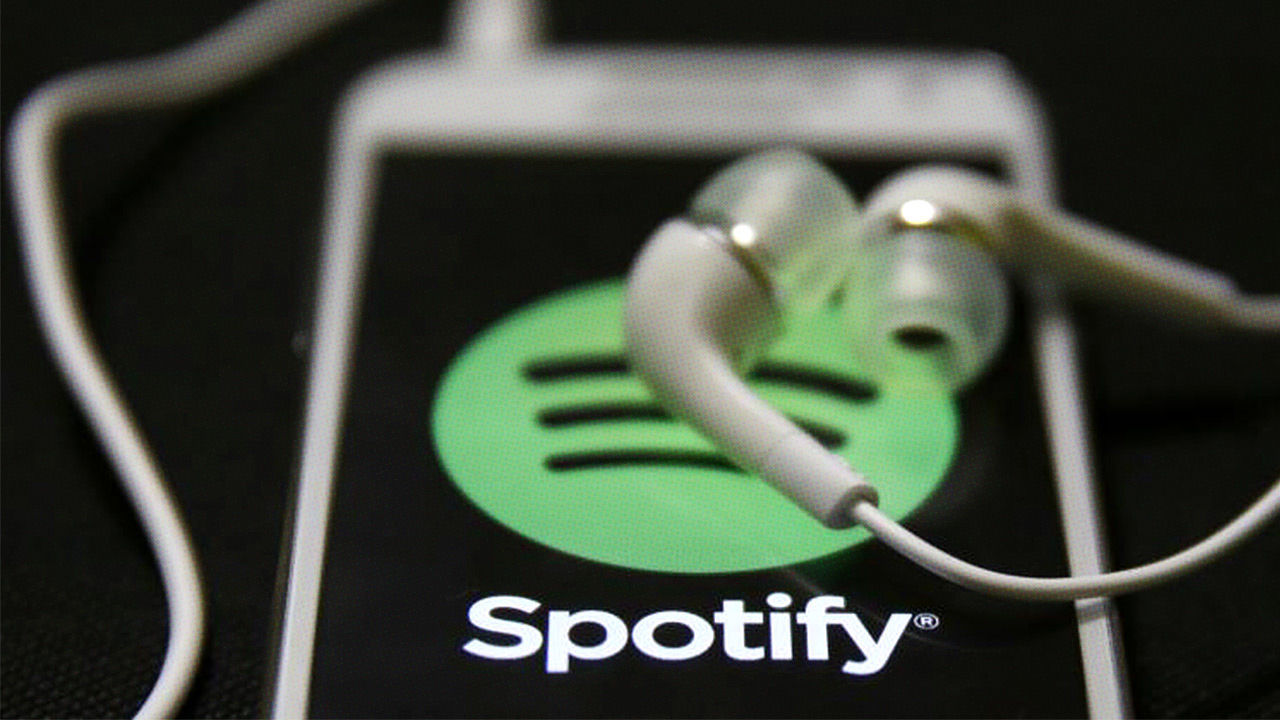In the current issue of The Baffler magazine, Liz Pelly examines how the ascendence of Spotify has altered listening habits, the economics of music production, and the lives of working musicians. She discovers that Spotify and other streaming services have made it even harder to make a living as a musician, and she suggests that Spotify’s ultimate ambition is to turn all music into background music. Read an excerpt from the piece below:
Indeed, Spotify’s obsession with mood and activity-based playlists has contributed to all music becoming more like Muzak, a brand that created, programmed, and licensed songs for retail stores throughout the twentieth century. In the 1930s, the company prioritized workplace soundtracks that were meant to heighten productivity, using research to evaluate what listeners responded to most. In many ways, this is not unlike the playlist category called “Focus” that we see now on Spotify. In March 2011, Muzak was purchased by Mood Media, a company that provides in-store music, signs, scents, and video content. The similarity between the objectives of companies like Muzak and Mood Media, and the proliferation of mood-based playlists on Spotify, is more than just a linguistic coincidence; Spotify playlists work to attract brands and advertisers of all types to the platform …
Spotify also presents a new and complicated extension of hyper-commercial webspace, and it’s a development that could prove to be particularly harmful for musicians: the corporate-branded playlists. This “feature” could be explained as the platform’s interpretation of corporate personhood, where paid-for brand accounts can create their own profiles and make playlists in the manner of the platform’s regular users. This has led to a proliferation of playlists made by brands. For example: the “Coffeehouse Pop” made by the official Starbucks page, or the “Running Tempo Mix” created by Nike Women. So long as corporations have at least twenty songs on their playlists and don’t include an artist more than once, they’re good. In the past, such an arrangement would require a given artist to sign a licensing or advertising deal, and it often appeared transactional, hence the traditional notion of “selling out.” Today on Spotify, artists often have no idea they’ve been added to these playlists. I only managed to discover this phenomenon upon plugging a friend’s band name into a tool called “Spot On Track,” which uses Spotify’s public API to present the different playlists where specific artists and their tracks appear. My friend’s band was completely unaware of its inclusion on the Nike and Starbucks playlists, and the band receives no additional compensation beyond the usual streaming royalties sent to labels and rights-holders.
We should call this what it is: the automation of selling out. Only it subtracts the part where artists get paid.
Image via amarudontv.com.
